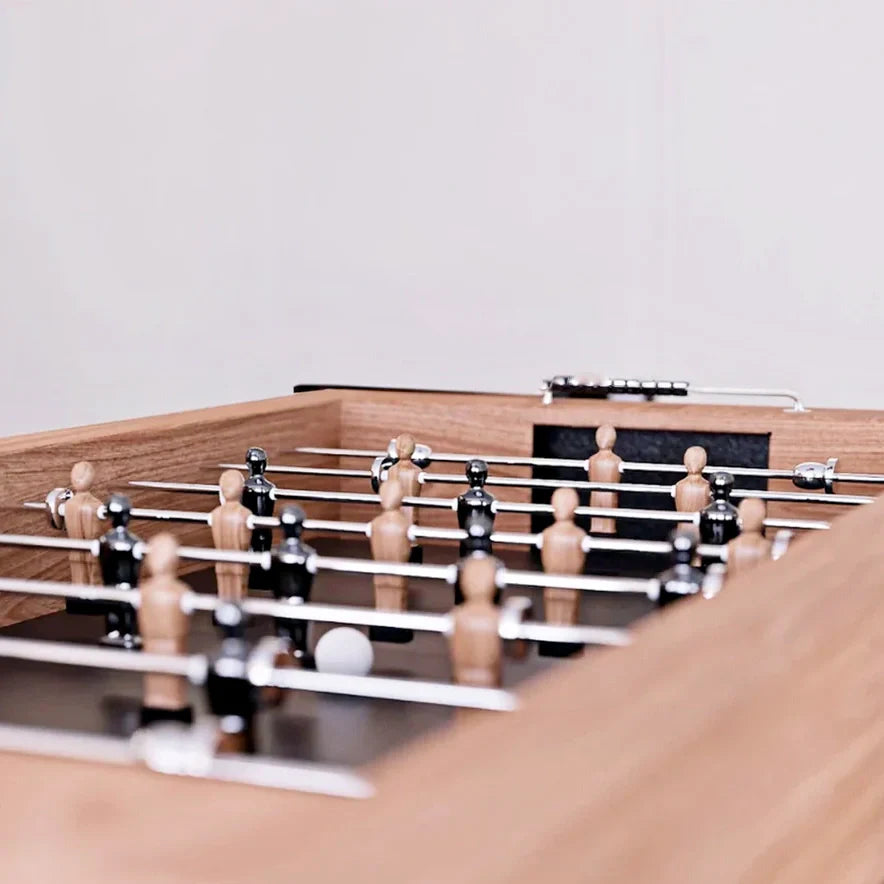The game of pool, while enjoyed by many, is often marred by confusion and disputes stemming from its multitude of rules. This complexity can hinder the overall experience and lead to arguments among players, especially when they come from different backgrounds or regions. Below, we explore how these varying rulesets create obstacles for players and contribute to misunderstandings.
The Fragmentation of Rules
Diverse Variants
Pool encompasses several games, each with its own set of rules. The most common variants include 8-ball, 9-ball, and straight pool, but even within these categories, players may encounter different rulesets. For instance, the World Pool-Billiard Association (WPA) has its own regulations that differ from those used in American Pool Association (APA) leagues or local bar rules. This fragmentation means that players must often clarify which rules apply before starting a game, leading to potential confusion.
Common Points of Contention
Some specific areas where rules often clash include:
- Ball-in-hand: In some variations, a scratch (when the cue ball is pocketed) results in the incoming player having the cue ball placed anywhere on the table. In others, it may only be placed behind a designated line. This discrepancy can lead to heated debates during play.
- Calling shots: Some leagues require players to call their shots before making them, while others do not. This can create misunderstandings about whether a shot was legal or if it counts as a foul.
- Fouls and penalties: The consequences of fouls vary widely; some rules dictate that a player loses their turn after a foul, while others allow for multiple shots or specific penalties that can be confusing for newcomers.
Arguments and Misunderstandings
Player Experience
When players are unfamiliar with each other's preferred ruleset, it can lead to arguments. For example, a player accustomed to bar rules might be shocked when their opponent insists on following official WPA guidelines. These disagreements can escalate quickly, especially in casual settings where emotions run high.
Social Dynamics
The social aspect of playing pool is also affected by these rule discrepancies. Players may feel embarrassed for not knowing certain rules or for making mistakes based on their previous experiences. This discomfort mixed with pride can create an adversarial atmosphere rather than one of camaraderie and fun.
The Need for Standardization
To enhance the enjoyment of pool and reduce conflicts over rules, there is a growing call for standardization across different leagues and regions. Establishing a universally accepted set of rules could help new players learn the game more easily and promote fair competition.
Encouraging Dialogue
Players are encouraged to discuss and agree on the rules before starting a game. This proactive approach can mitigate misunderstandings and ensure that everyone is on the same page.
Conclusion
The multitude of rules in pool serves as both a testament to its rich history and a source of frustration for players. By acknowledging these differences and striving for clearer communication and potential standardization, the billiards community can foster a more inclusive environment that enhances the enjoyment of this beloved game. Ultimately, understanding and respecting each other's preferred styles can transform arguments into opportunities for learning and growth within the sport.





0 comments